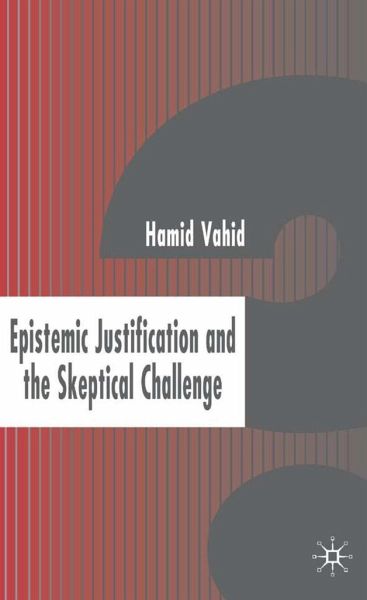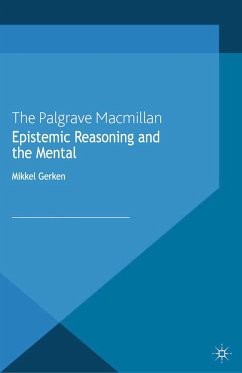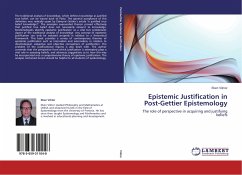
Epistemic Justification and the Skeptical Challenge

PAYBACK Punkte
26 °P sammeln!
This book explores the concept of epistemic justification and our understanding of the problem of skepticism. Providing critical examination of key responses to the skeptical challenge, Hamid Vahid presents a theory which is shown to work alongside the internalism/externalism issue and the thesis of semantic externalism, with a deontological conception of justification at its core.












